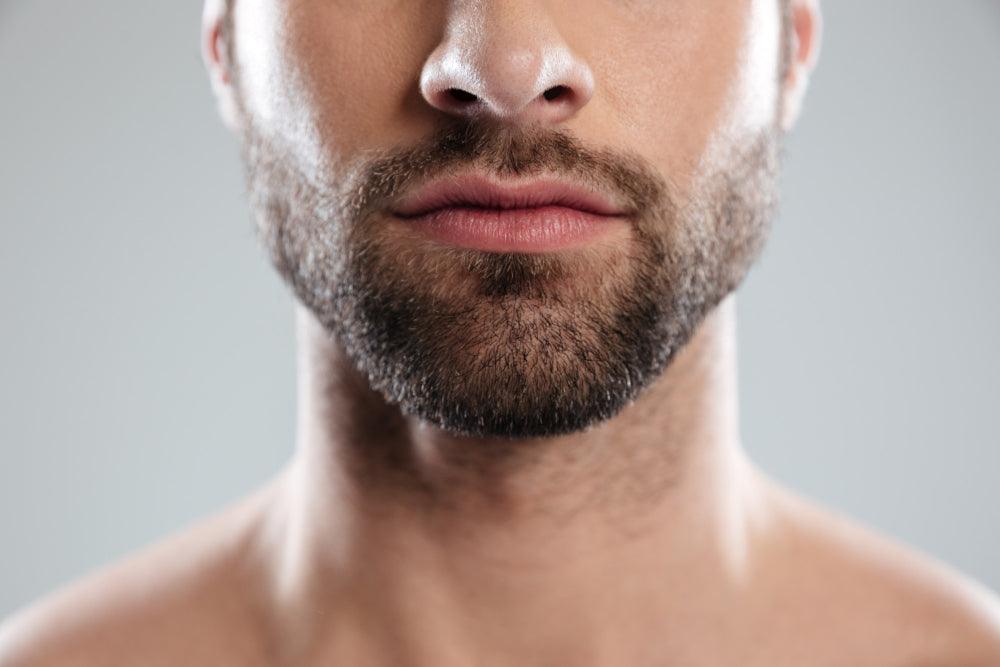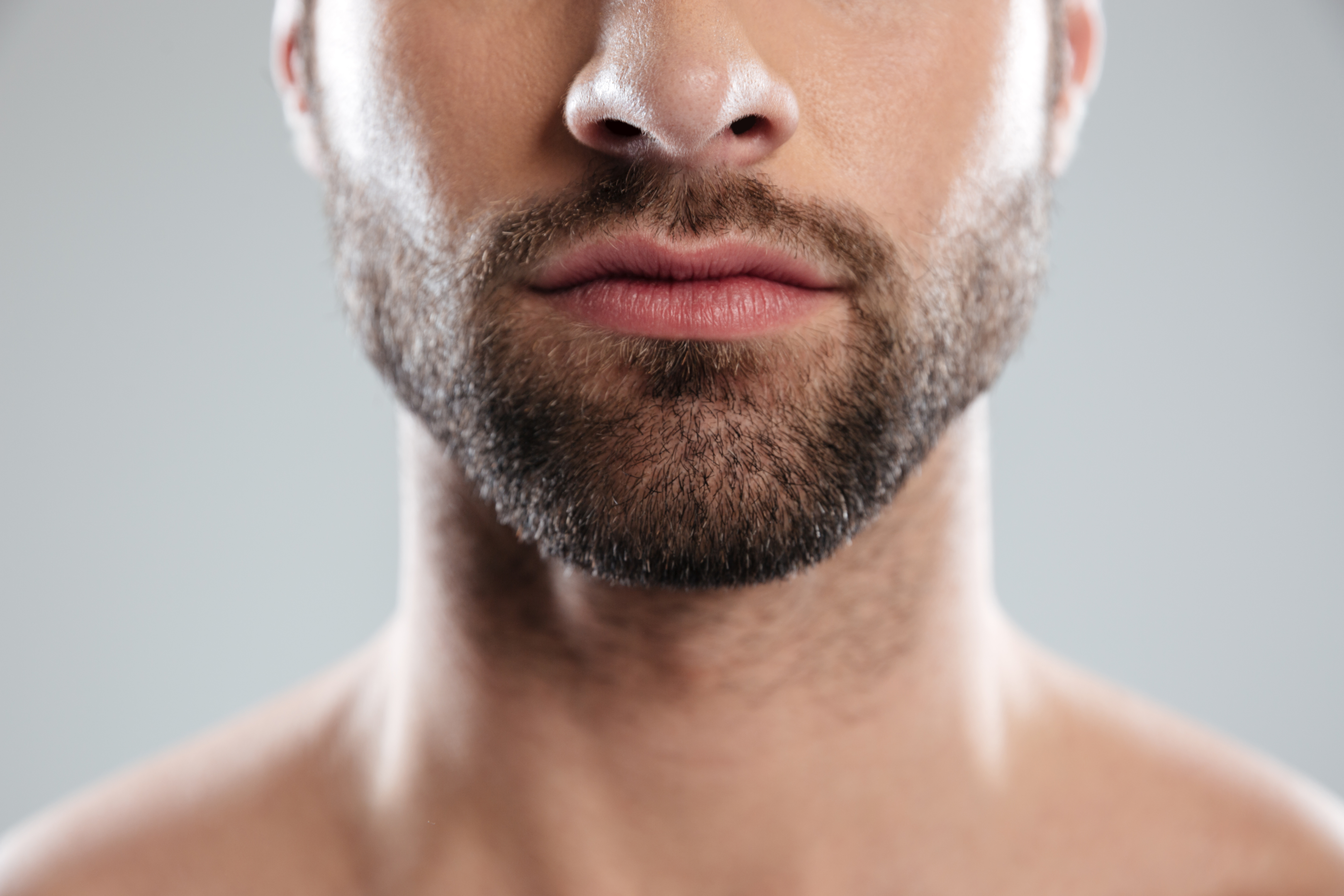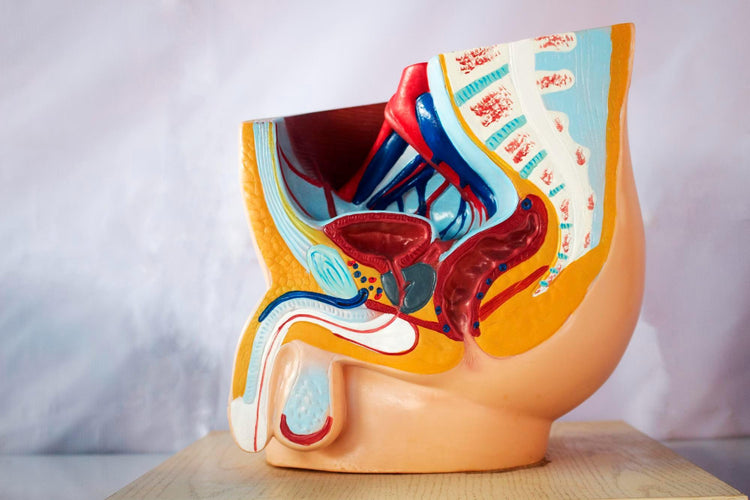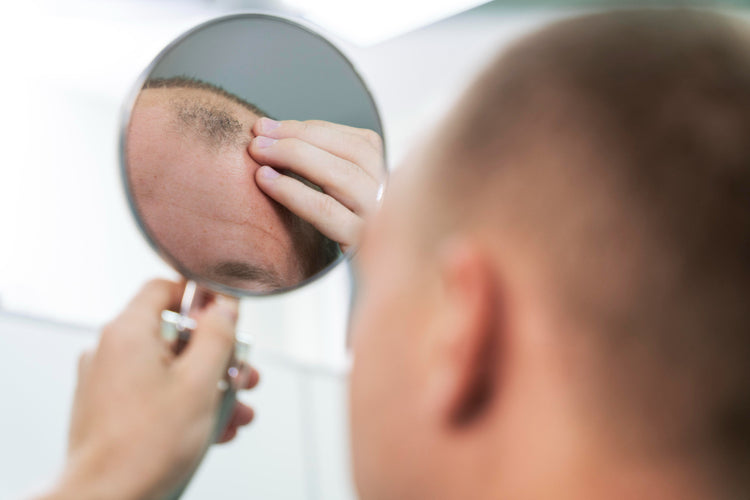Alopecia Barbae: What is beard loss and how to treat it

Related products
What’s covered?
Alopecia Barbae: What is beard loss and how to treat it

Alopecia barbae is a condition that causes bald patches on the face. It usually begins with one or two spots but can develop into a large area of hair loss. The condition can be caused by an immune system reaction to the hair follicles, or it can be triggered by skin problems such as acne. Developing alopecia barbae, also known as “beard alopecia”, because it most often affects men who have facial hair.
Symptoms of alopecia barbae include:
-
Bald patches on the face and neck
-
Sores or sagging skin around the affected areas
-
Inflamed skin around the bald patches
-
Scaly skin on top of scabs from scratching at beard hair loss
-
Patchy hair loss
If you’re experiencing any of these symptoms, it’s important to visit your doctor immediately so they can diagnose your condition and help you prevent further damage.
Alopecia areata
Alopecia areata, on the other hand, is an autoimmune disorder that occurs when the body's immune system begins to attack the body itself, rather than the dangerous invaders that it typically combats through a process known as inflammation. In alopecia areata, the inflammation in your body damages the hair follicles, causing hair loss.
How serious is alopecia areata?
Although alopecia areata, considered an autoimmune disease, is not often a life-threatening condition, it can bring up a great deal of emotional distress and worry. There are support groups available that can assist you in coping with the psychological impacts associated with the condition. Even if you lose all of your hair, it's possible that it will grow back.
Hair follicles
Alopecia areata is an autoimmune disorder that causes hair loss that occurs when hair follicles are attacked by the immune system. This condition is also known as autoimmune alopecia. A dermatologist should be consulted to diagnose alopecia barbae. This way, they can treat beard hair loss and restore hair growth by keeping hair follicles active.
The structures in the skin that are responsible for the growth of hair are called hair follicles. Even though alopecia areata can cause hair loss on any part of the body, it most commonly affects the scalp and facial hair. Hair loss occurs typically in small, circular patches about the size of a quarter; however, there are instances in which the loss of hair is more widespread. The vast majority of persons with the condition are fine and exhibit none of the disease's other symptoms.
Reasons for hair loss
Alopecia can be localized to just the scalp, spread across the entire body, and be either transient or permanent. Some may try to hide it by changing their haircut, using cosmetics, or wearing a hat or scarf. However, those who wish to lessen hair loss, can choose one of the therapies that are currently available to stop the progression of their hair loss or stimulate growth.
Talk to your primary care physician about the possible causes of your hair loss and the different treatment options available before starting any hair loss treatment.
Final words
Alopecia barbae is a medical disorder that leads to bald patches on the beard. Because it is an autoimmune disease, the affected individual's immune system mistakenly assaults healthy cells in the body. In this instance, it targets your hair follicles and tries to destroy them.
Alopecia barbae is a type of alopecia areata that affects facial hair, specifically the beard. In most cases, it strikes unexpectedly, and you notice that you are beginning to lose beard hair in small, circular regions.
Consult a dermatologist or general practitioner if you believe that your alopecia barbae is hurting your quality of life or if you are interested in determining the cause of the condition. You can make an appointment with a dermatologist who practices in your region. They will be able to evaluate the degree of your problems, ascertain whether or not there are additional underlying reasons, and devise an effective treatment strategy.
Even though alopecia barbae does not threaten your physical health, dealing with the emotional fallout of the condition can be challenging. Experiment with a variety of therapeutic choices to determine which one, if any, can provide you with an improvement or answer to your problem.
Here at Welzo, we provide information for those wishing to improve their beard growth. To view our page of products and advice, click here.
If you would like to learn more about hair loss, see our page here for hair loss treatments and further information.





























 Rated Excellent by 26,523+ Reviews
Rated Excellent by 26,523+ Reviews